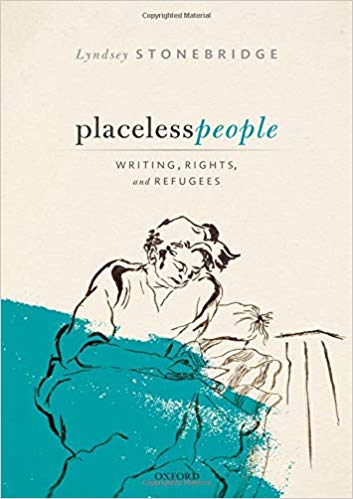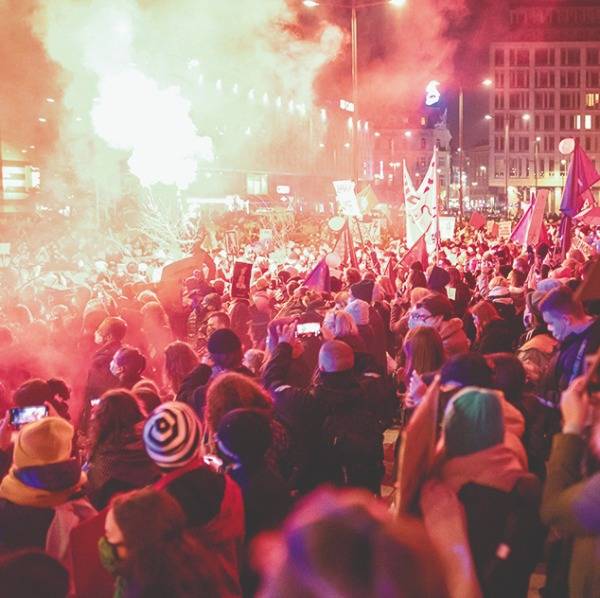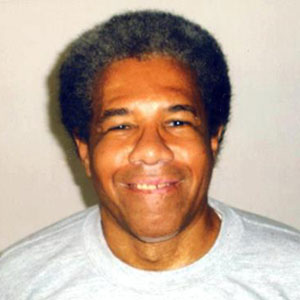Writers such as Hannah Arendt, Simone Weil (both refugees themselves), George Orwell, Samuel Beckett, and others, understood the profound inhumanity of stateless. They also understood that refugees were not simply a humanitarian problem but a problem of politics, and one that was set to continue so long as the world was organised into territorial nation states. There was an acute and creative awareness in the 1940s that statelessness posed absolutely central questions about citizenship and nationalism – for everyone, not just those who happen to be refugees. Many could see the link between refugee "crises" and fascism, that we are seeing again now.
How has the meaning of statelessness shifted since then? Has the idea been normalised?
Yes, it has been normalised. The Marxist historian, Eric Hobsbawm, once said that the 20th century was so extreme that we had to invent new words to describe what we were doing to one another: "genocide" was one of those words, "statelessness" was the other. People might still want to deny that a particular genocide is happening, but nobody can say that it isn’t a political atrocity. This isn’t the case with statelessness. Out of the millions who are displaced today, relatively few can be described as stateless in strict legal terms. But that battening down of the definition of statelessness itself is part of a bigger denial. Whatever their legal status, all refugees carry with them the threat of statelessness – this what Arendt, after Brecht, called their "message of ill-tidings". Refugees remind everyone that it is sheer good fortune that gives us homes and rights, and that it is possible to suddenly find yourself existing nowhere, having no citizenship, being completely rightless – that is one of the reasons they are treated with both pity and fear.
How would you compare the mass displacement of the mid-20th century to the contemporary "refugee crisis"?
I’m not sure the comparison is actually that helpful. We risk falling into easy nationalist mythologies. For example, the Kindertransport is often evoked to make a comparison with the UK’s appalling treatment of child refugees and migrants today. It’s perfectly true that we’ve developed new kinds of hostile environment, but it’s not true that the UK was that great before either. I often think of the parents who put their kids on those trains, of the women and men who lost their government jobs because of their refugee activism, of the slow hunkering down of national boundaries that, for example, appalled Orwell and others not only during, but after the war. "This is not who we are" is a popular refrain just now. But history tells us that it is who we are, actually, and that requires a tougher reckoning with our moral and political responsibilities.
Is there any contemporary equivalent to the type of intellectual discussion of rights and citizenship that you examine in the book?
Yes – everywhere. It sometimes seems we’ve been doing nothing but talk about rights and citizenship over the last two years! Except these conversations are not happening where they were previously, partly because the click-bait nature of contemporary journalism has closed down meaningful debate. The new ethno-nationalist international, which prides itself on having anti-intellectual discussions about rights, strangers, and citizens, thrives in this environment. The real intellectual and moral work, I think, is happening in contexts of what I’d call emergency citizenship: on rescue ships in the Mediterranean, in refugee hosting communities in Sicily, Greece, Lebanon, Jordan, in refugee camps and urban settlements across the world, in transnational political, intellectual, artistic and legal activism. These are the places where the new meanings of citizenship are being created and contested just now.
What role does literature play in addressing questions of statelessness and displacement?
It’s often claimed that literature makes us more empathetic to people less fortunate than ourselves. This really irritates me, not only because many philosophers and psychologists actually doubt whether empathy is necessarily a good thing, but because literature is much more powerful, complex, and challenging than this rather banal truism allows. We need to take the politics literature can do much more seriously. In terms of rights, writing creates forms with which to imagine political lives which are not just "made up" but can change the world too, or at least how we perceive and might act in it. When Arendt read Kafka when she arrived in New York as a refugee, for example, what she found was the idea that the stranger, by insisting on his rights, ignites a thought about the power of goodwill in a hostile world – she worked her ideas about rights from that insight. In Nineteen Eighty-Four, Orwell imagined a man watching a film of a refugee boat sinking in the Mediterranean and, without knowing why, beginning to develop an anti-totalitarian consciousness. That was in 1948. "How can I die/When all around can see me", asks the Palestinian poet, Yousif M. Qasmiyeh, from the other end of this history - he’s not simply asking for empathy, he’s creating a medium for thinking about a politics and history of being existentially there and not there at the same time: a writing of statelessness.
The ideological importance of the national sovereign state looms large in the book. Has that changed?
Yes. As political scientists and historians can explain much better than me, failed and proxy states, globalisation, neo-liberal and neo-colonial interventions have all transformed the ideological importance of the nation-state. What doesn’t seem to have changed is the fantasies attached to it. That attachment might well be because, compared to the alternatives, when it comes to living a good-enough collective life the nation state is not necessarily a bad thing. But nationalist fantasies are another matter. When I first studied the 1930s and 1940s as a graduate student, the nationalist rhetoric of that age of fascist brutality seemed remote. It doesn’t now.
What might a different model of political citizenship look like?
Not like this, please not like this…. That’s my immediate response, and it was also the response of those in the 20th century who were trying to think about models of political citizenship that didn’t entail nationalism or the dubious grandeur of sovereignty. Thinking that you know what model of citizenship is good for everyone is, of course, part of the problem. True political citizenship, as Arendt argued, is always going to be argumentative and scrappy. I don’t know what political citizenship should look like, but I can think of two conditions that might make it better: first, we need models of local and transnational citizenship that are properly postcolonial – you can’t keep on blagging about global citizenship while keeping all the power. Secondly, and relatedly, no model of political citizenship is going to work without addressing local and global inequalities. We can implement all the civics classes about traditions of liberalism and tolerance we like, but this not going to matter one bit to the young people who can clearly see who has and has not got the luxury of feeling good about themselves. This is something that advocates for borders – on the left and right – struggle with: borders are man-made fictions, inequality is a man-made reality for millions.


